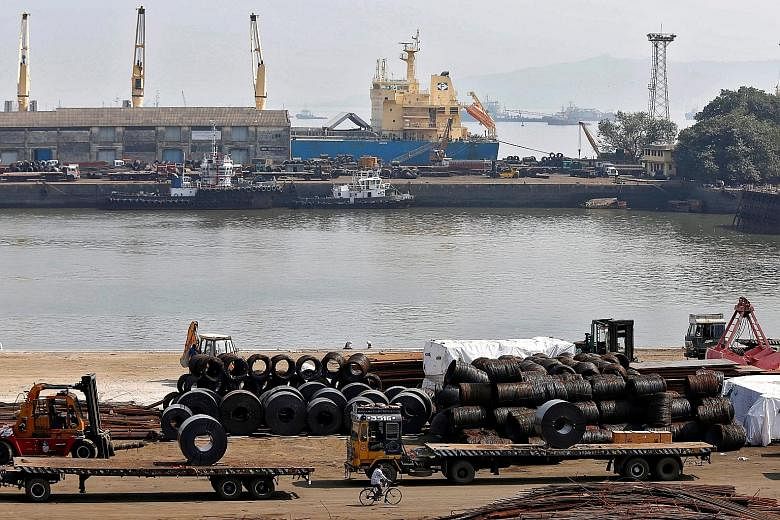Asean's leaders have issued a stark warning about rising protectionism at their latest summit, promising "to exert all efforts to resolve outstanding issues" delaying the critical Regional Comprehensive Economic Partnership (RCEP) trade agreement.
It is no secret that India is the biggest stumbling block, leading some to worry that India may be left out of the trade pact entirely. This would be a mistake. RCEP negotiators meeting in Singapore this week would be wise to think of new concessions, not just to keep India at the table but to persuade it to sign the deal itself.
Already a subscriber? Log in
Read the full story and more at $9.90/month
Get exclusive reports and insights with more than 500 subscriber-only articles every month
ST One Digital
$9.90/month
No contract
ST app access on 1 mobile device
Unlock these benefits
All subscriber-only content on ST app and straitstimes.com
Easy access any time via ST app on 1 mobile device
E-paper with 2-week archive so you won't miss out on content that matters to you

